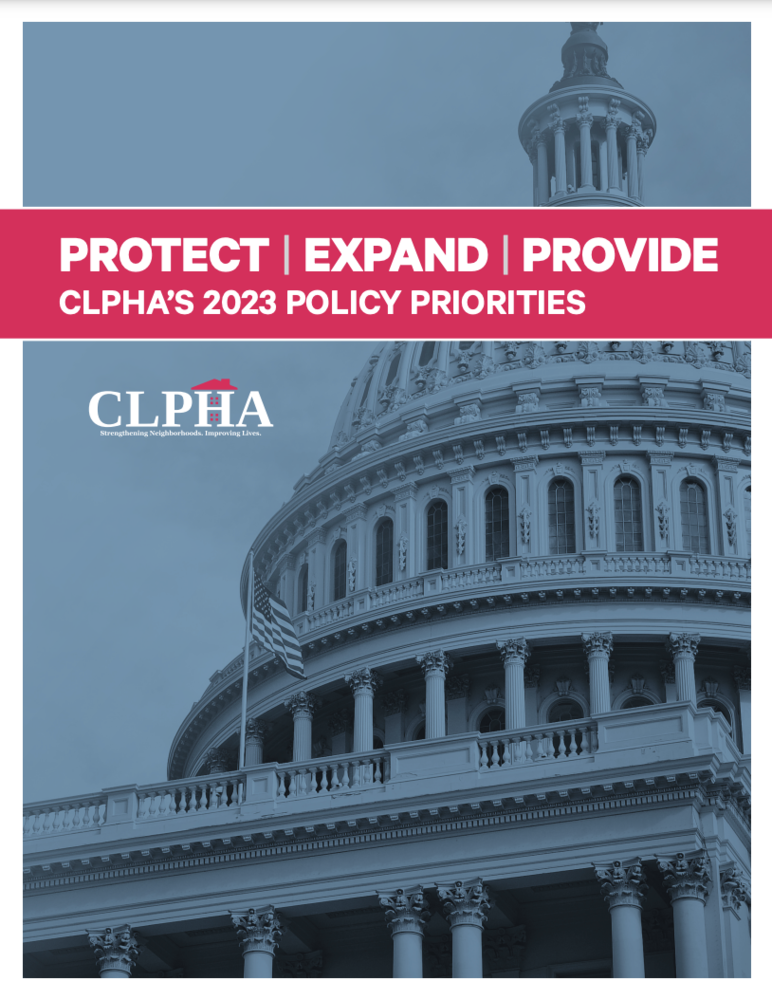The Moving To Work (MTW) program, authorized by section 204 of the Omnibus Consolidated Rescissions and Appropriations Act of 1996, offers a limited number of housing authorities the opportunity to design and test innovative strategies for addressing the needs of their tenants and communities.
MTW agencies have the flexibility to find new approaches that accomplish three primary statutory goals:
- Reducing cost and achieving greater cost effectiveness in federal expenditures;
- Giving incentives to families with children where the head of household is working, is seeking work, or is preparing for work by participating in job training, educational programs, or programs that assist people to obtain employment and become economically self-sufficient; and
- Increasing housing choices for low-income families.
There are currently 80 housing authorities with MTW status.
39 original MTW agencies have agency-specific MTW agreements with HUD, detailing the flexibilities granted in order to meet program goals, and each have had their agreements extended through the end of 2028. Each year, the housing authority completes an annual plan, to be approved by HUD, and an annual report on the outcomes achieved. Congress authorized the expansion of the MTW program to 100 additional agencies in the 2016 Consolidated Appropriations Act.
In January 2021, HUD announced the 31 agencies that have been selected for Cohort 1 of the MTW Expansion. This cohort is comprised of PHAs with 1,000 or fewer aggregate units of public housing and Housing Choice Voucher (HCV) units.
In May 2021, HUD announced the 10 public housing agencies (PHAs) that were selected for Cohort 2 of the MTW Expansion. This cohort will evaluate stepped and tiered rent policies.
HUD has indicated that the future third and fourth cohorts of the MTW Expansion will evaluate work requirements and landlord incentives.


